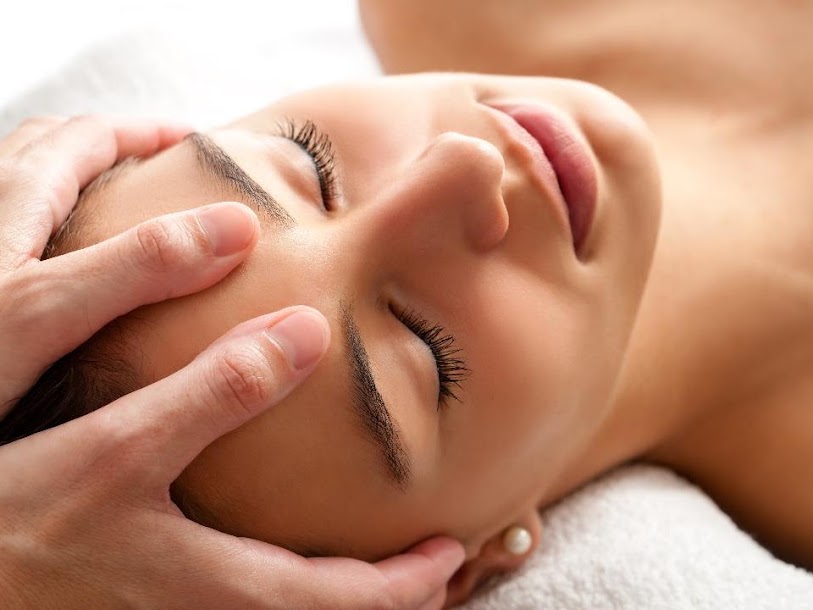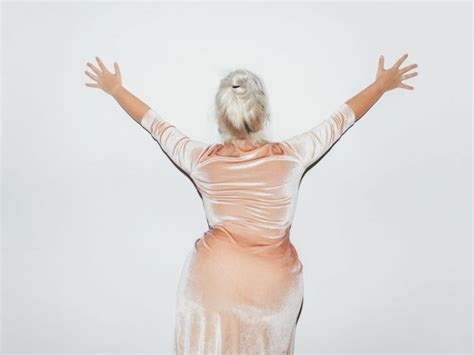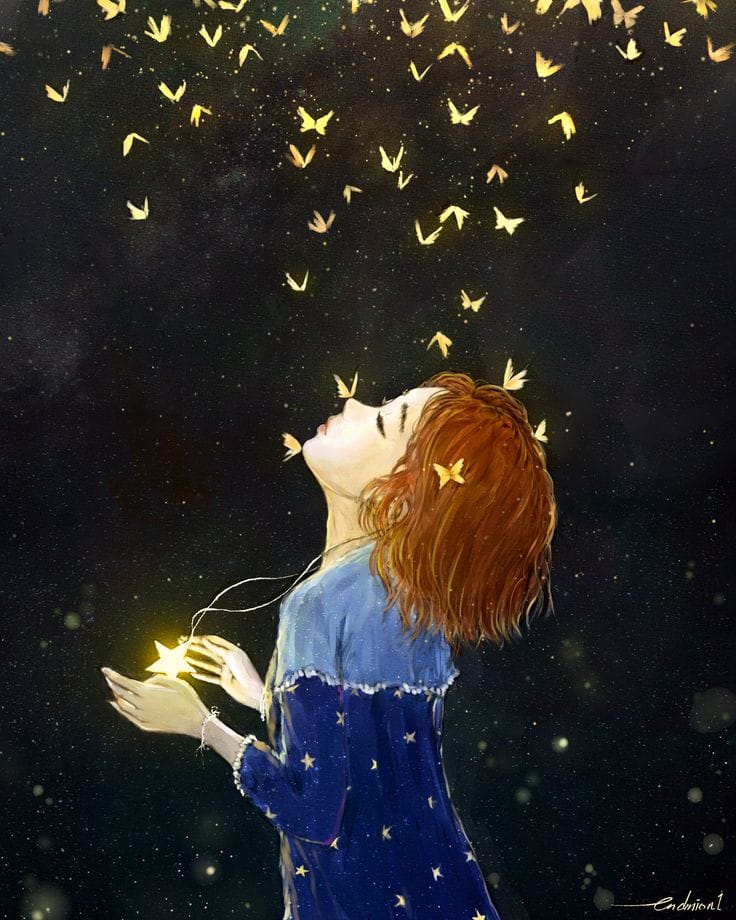
How to Calm Your Mind
by SharonHartnett | Dec 30, 2024 | Craniosacral Therapy, grounding, healing, stillpoint

To Calm the mind is essential for both mental and physical well-being. Fortunately you have come to the right place to discover a dynamic person to person modality that can help you feel more centered and at peace.
Craniosacral Therapy (CST)is a gentle hands on modality, which awakens the calm inside, through listening and melding with your Craniosacral System. By tapping into your own internal intelligence, CST helps to bring balance and deep relaxation into your life. Finding the stillpoint in your rhythm releases, and helps integrate your stresses- bringing you into a more peaceful state of being.
How can Craniosacral Therapy Help You to Live from a Calm State? It:
1. Reduces Stress and Anxiety
When the mind is calm, it helps to lower the levels of stress hormones like cortisol. Chronic stress can lead to anxiety, depression, and other mental health issues. By calming your mind, you create space for a sense of peace and relaxation, which can significantly reduce anxiety levels and improve overall emotional health.
2. Improves Focus and Clarity
A cluttered mind often leads to scattered thoughts, making it difficult to concentrate or make decisions. To calm the mind helps clear out distractions and promotes mental clarity, enabling you to focus better on tasks, think more effectively, and make decisions with greater ease.
3. Enhances Emotional Regulation
When your mind is calm, you’re better equipped to handle difficult emotions. Instead of reacting impulsively or being overwhelmed by emotions like anger or frustration, a calm mind allows you to respond thoughtfully and with control, leading to healthier interactions and relationships.
4. Boosts Physical Health
Chronic mental tension can manifest in physical ailments such as headaches, muscle tension, or digestive problems. By calming the mind, you help reduce the impact of stress on your body, which can lead to improved sleep, better immune function, and overall physical health. You feel more deeply grounded and embodied.
5. Increases Creativity
When the mind is relaxed, it becomes more open to creative ideas and inspiration. Mental calmness reduces the mental barriers and judgment that can stifle creativity, allowing new ideas and solutions to emerge naturally. It creates a fertile ground for innovation and problem-solving.
6. Promotes Mindfulness and Presence
A peaceful mind fosters mindfulness, which is the practice of being fully present in the moment. This enhances your ability to enjoy life, engage in meaningful experiences, and build stronger connections with others. It helps you savor the simple joys of life and reduces the tendency to dwell on past regrets or future worries.
7. Supports Mental Resilience
A relaxed mind is a strong foundation for mental resilience. By practicing mindfulness or calming techniques, you build the mental fortitude to face challenges with a clear perspective. When your mind is calm, you’re more able to adapt to difficult situations, stay grounded, and maintain emotional balance, even in times of adversity.
In summary, Craniosacral Therapy is such a gentle, yet profound pathway to calming the mind. The benefits are numerous. It isn’t just about relaxation—it’s a powerful tool for enhancing your overall well-being, improving relationships, and fostering long-term mental and physical health.
Sharon Hartnett CST-D
614 653-8111
Serving the Columbus Ohio area.
To find out more about Craniosacral Therapy, check out my main page.






